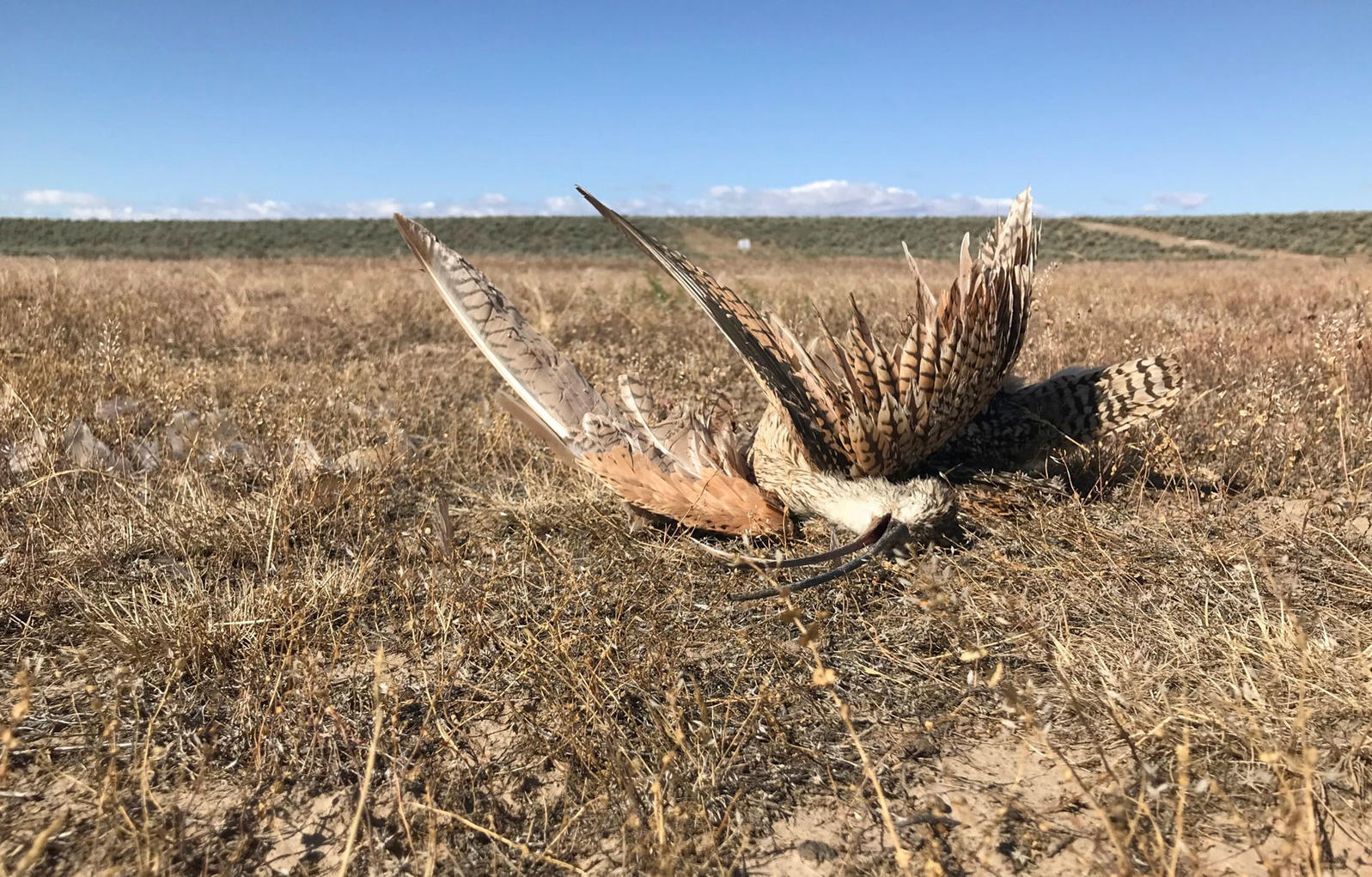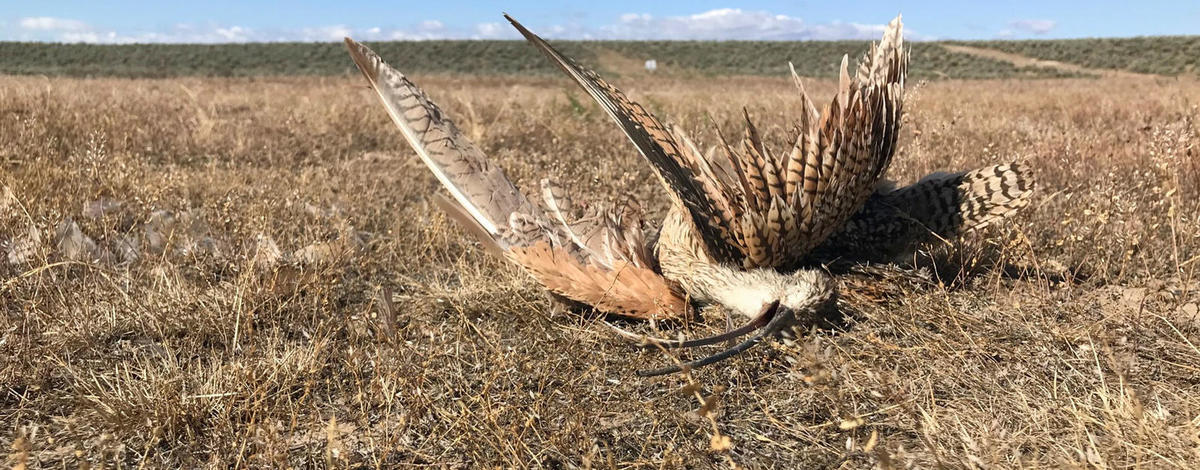Spring is a popular season for recreational shooters in southwest Idaho, but it’s also a critical time of year for a number of nongame bird species that nest in, or are commonly found in, popular shooting areas. While the majority of hunters and recreational shooters follow the law, Fish and Game officials remind shooters they are likely to encounter protected nongame birds, and to be sure of their target while out in the field.
“The illegal shooting of protected nongame wildlife such as owls, hawks, eagles, and other birds such as long-billed curlews is a persistent and prevalent problem in Idaho,” said Deniz Aygen, Fish and Game’s Watchable Wildlife Biologist. “Long-billed curlews and many species of raptors are identified by Fish and Game as species of greatest conservation need, and sadly, substantial poaching occurs in areas that were established to aid in their conservation, but are also heavily used by recreational shooters.”

Nearly all the nongame bird species found in Idaho are classified as protected. However, European starlings, Eurasian-collared doves, house sparrows, and rock pigeons are nonnative and can be taken outside city limits year-round with a hunting license.
Recently published research shows that poaching protected nongame species — specifically raptors and long-billed curlews — is more common in areas with high use by recreational shooters and happens more frequently than previously known.
The study (which you can read here) was conducted at the Morley Nelson Snake River Birds of Prey National Conservation Area and the Long-billed Curlew Habitat Area of Critical Environmental Concern (ACEC). It implied that a small segment of recreational shooters appear to be poaching protected nongame species while they are target shooting or hunting unprotected nongame species like ground squirrels.
The study also suggested that illegal shooting may have a role in the long-term declines observed for the local population of long-billed curlews in the ACEC, which had dwindled from more than 2,000 in the late 1970s, to fewer than 200 in 2014, and is now well under 100 curlews.
People can help preserve Idaho’s hunting and fishing heritage by reporting poaching. Make the call if something doesn’t seem right. Contact Citizens Against Poaching at 1-800-632-5999.

